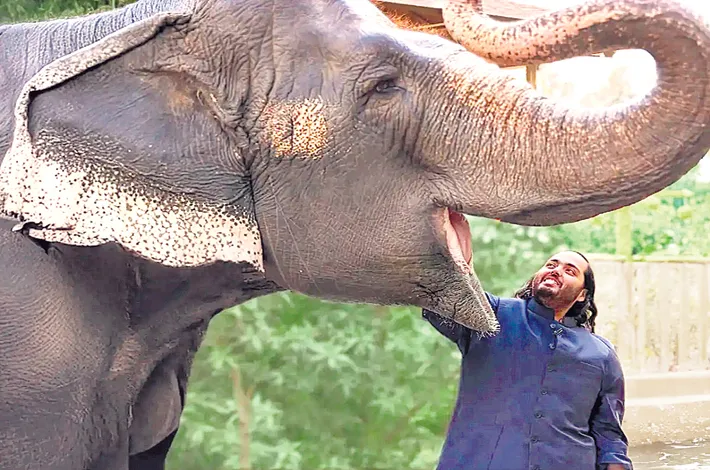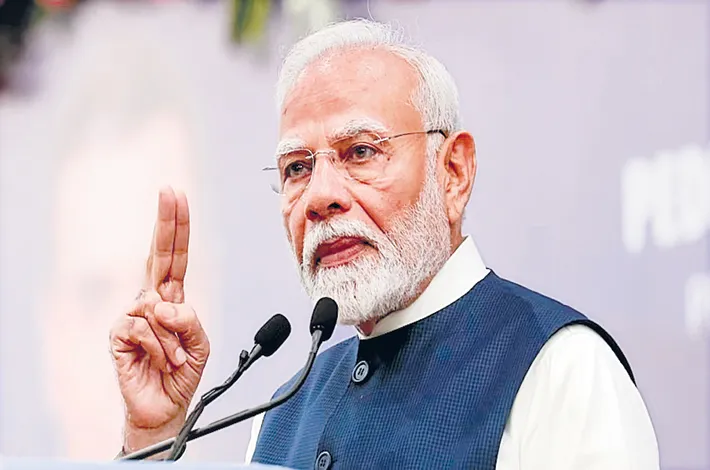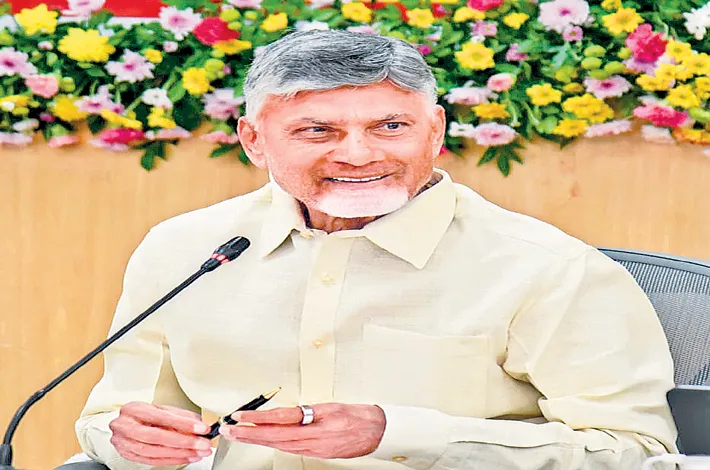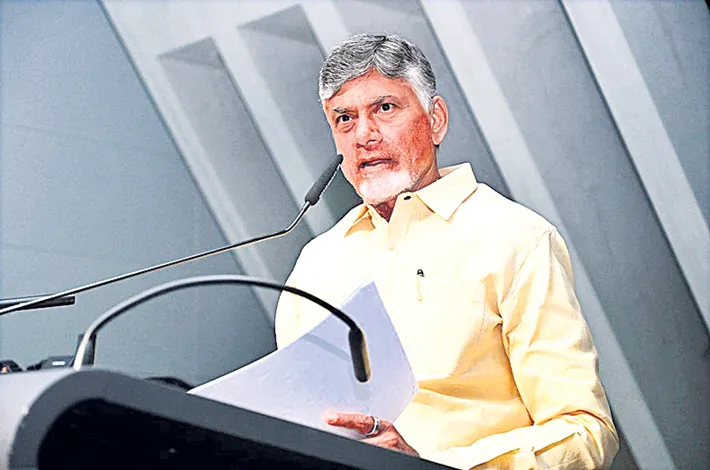Mohan Bhagwat Clarifies
31-08-2025 12:00:00 AM
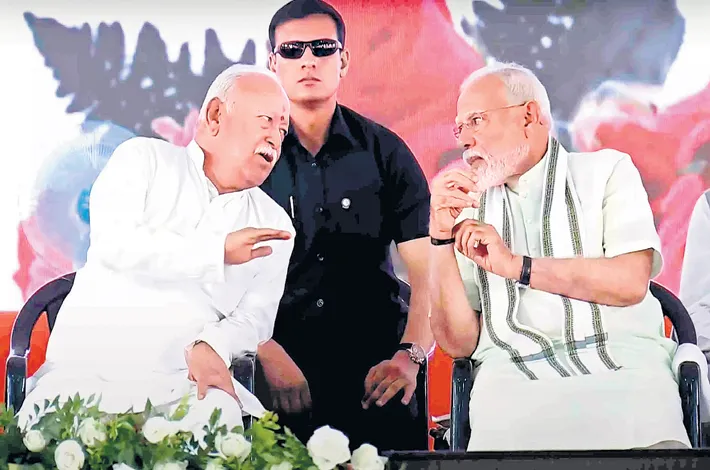
- A recent press conference by RSS chief Mohan Bhagwat has ignited a fiery debate among political commentators, with opinions sharply divided over his stance on inclusivity, cultural identity, and controversial policy issues.
- Critics pointed to Bhagwat’s evolving stance on contentious issues, such as the Kashi-Mathura dispute and the proposed three-child norm. In 2019, Bhagwat had distanced the RSS from movements seeking to excavate religious sites.
- Bhagwat’s remarks emphasized unity among those identifying as Hindu, Hindutva, Bharatiya, or Sanatani, asserting that these labels reflect a shared cultural and genetic heritage.
- Modi's alleged retirement at the age of 75 was decisively debunked by Rashtriya Swayamsevak Sangh (RSS) chief Mohan Bhagwat clarifying that no such retirement rule exists within the RSS or the BJP.
- The opposition's accusations of the RSS being anti-women and regressive were dismissed, with BJP leaders pointing to its inclusive initiatives like the Muslim Rashtriya Manch and Seva Bharati
A recent press conference by RSS chief Mohan Bhagwat has ignited a fiery debate among political commentators, with opinions sharply divided over his stance on inclusivity, cultural identity, and controversial policy issues. Bhagwat’s remarks emphasized unity among those identifying as Hindu, Hindutva, Bharatiya, or Sanatani, asserting that these labels reflect a shared cultural and genetic heritage. A journalist quoted Bhagwat and underscored his call for inclusiveness. However, this message was met with scepticism by some, who argued that the RSS’s actions and Bhagwat’s recent statements contradict this inclusive rhetoric. Critics pointed to Bhagwat’s evolving stance on contentious issues, such as the Kashi-Mathura dispute and the proposed three-child norm.
In 2019, Bhagwat had distanced the RSS from movements seeking to excavate religious sites, famously stating, “We should not look for a Shivalinga under every masjid.” The three-child norm, another focal point of Bhagwat’s address, drew sharp criticism for its perceived regressive undertones. Congress leaders argued that it undermines individual freedoms and fails to address gender representation within the RSS, which notably lacks women in leadership roles. The RSS, the ideological backbone of the BJP, signalled unwavering support for Modi, dismissing speculations of his exit.
Modi's alleged retirement at the age of 75 was decisively debunked by Rashtriya Swayamsevak Sangh (RSS) chief Mohan Bhagwat clarifying that no such retirement rule exists within the RSS or the BJP. Congress leaders however cited Modi's own 2014 statement about leaders retiring to a "Margdarshak Mandal" (guidance council) at 75, referencing veteran BJP leaders like LK Advani and Murli Manohar Joshi. Critics also reiterated concerns about the RSS’s commitment to India’s constitutional values, particularly its stance against religious conversions. However, these was countered by BJP with the argument that generational change is natural in any political party, and Modi, at the helm, shows no signs of slowing down.
The opposition's hopes of projecting Rahul Gandhi as the next big leader were described as "in tatters" following Bhagwat's remarks. The discussion also touched on the RSS's broader societal contributions, with BJP representatives highlighting its network of over 37,000 Vidya Bharati schools educating 5.7 crore students, 76% of whom are tribal girls, and over 736 charitable organizations, making it the world's largest NGO. The opposition's accusations of the RSS being anti-women and regressive were dismissed, with BJP leaders pointing to its inclusive initiatives like the Muslim Rashtriya Manch and Seva Bharati. Bhagwat also addressed concerns about India's declining fertility rate, noting that it has fallen to 1.9, below the replacement rate of 2.1, and called for measures to ensure population stability. He clarified that this was not a communal issue, as fertility rates are declining across communities, including Muslims.
BJP listed milestones under Modi’s leadership, including 56 crore Jan Dhan bank accounts, 19 crore rural households with clean drinking water, and over 95 crore Indians with broadband connectivity. The opposition was further criticized for its inability to defeat Modi electorally, with BJP leaders pointing out the BJP-led NDA's continued hold on power despite a reduction in seats from 330 to 240 in recent elections. Congress and its allies, including the Trinamool Congress (TMC), were reminded of their failure to win key states like Goa and Tripura, where TMC leader Mamata Banerjee had predicted sweeping victories. With Bhagwat’s remarks likely to fuel further discourse, the RSS’s role in shaping India’s socio-political landscape remains a contentious issue as the nation navigates its diverse and complex identity. The debate underscored the broader tension between the RSS’s vision of cultural unity and allegations of promoting a polarizing agenda.





